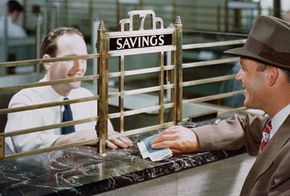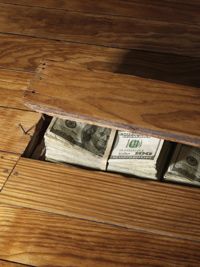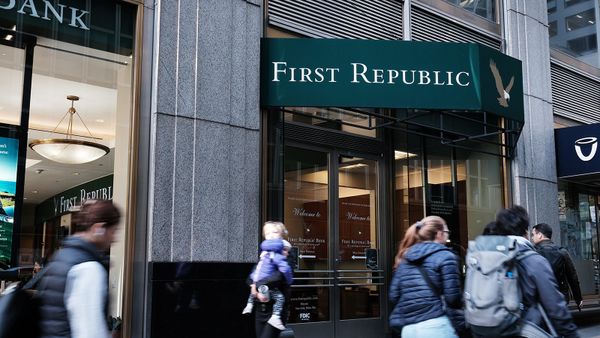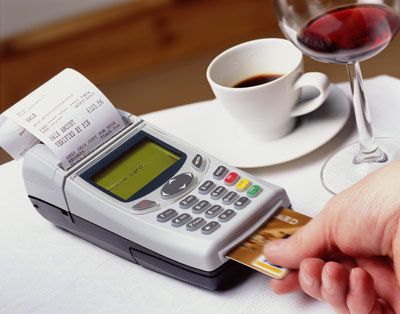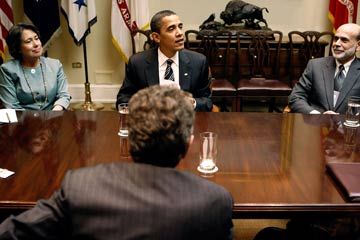You may be fed up with overdraft charges, ATM fees and inconvenient bank hours. Sometimes keeping money in the bank seems like more trouble than it's worth. Nevertheless, most people assume bank accounts are essential. But why is this? Maybe the only thing preventing you from taking your money out is the fear of looking like that paranoid old granny who still keeps all her money under her mattress. Or maybe you pride yourself on being an independent thinker who never gives in to social customs that don't make sense to you. Let's see if having a bank account is all it's cracked up to be.
Why should you hand over your hard-earned money to a bank? Your money is protected there. The Federal Deposit Insurance Corporation (FDIC) insures your money up to $100,000. Savings accounts and some checking accounts offer another perk -- you can earn interest on the money you deposit. Your mattress can't make such promises.
Advertisement
Some people find managing finances easier with a bank account. Looking at your bank statement makes creating a budget easier. Bank accounts also make getting paid simpler. You can arrange for your employer to direct deposit your paycheck automatically into your bank account.
As technology advances, the advantages of having a bank account grow. A check card is a quick and easy alternative to handwritten checks. With online banking, you can manage your money by keeping a real-time watch on your funds versus a monthly bank statement.
More and more people use their bank's online bill pay to pay anyone from credit card and utility companies to their local church. An automatic bill pay tool sends weekly or monthly payments so you never have to worry about forgetting. However, some people recommend using this tool only for payments that consistently stay the same amount like mortgage or car loan payments -- not credit card bills.
Nevertheless, bank accounts aren't mandatory, and they're not the only smart place to put your money. Read on to learn about the ways to live without a bank account.
Advertisement
